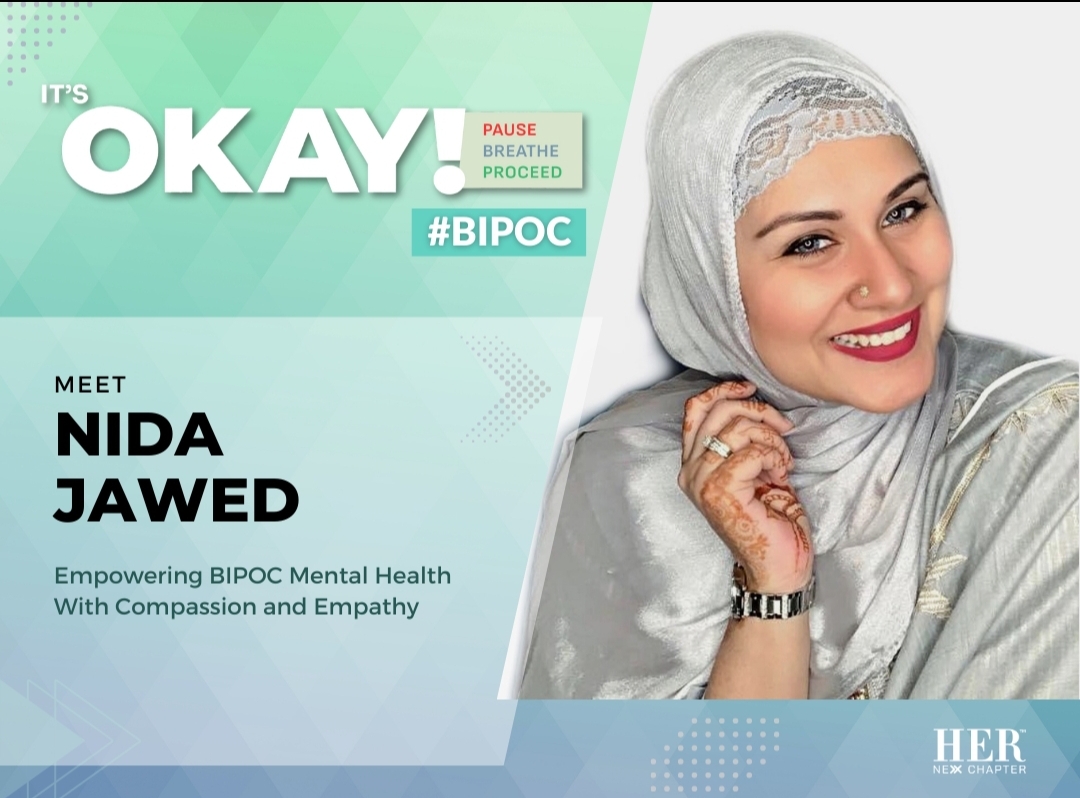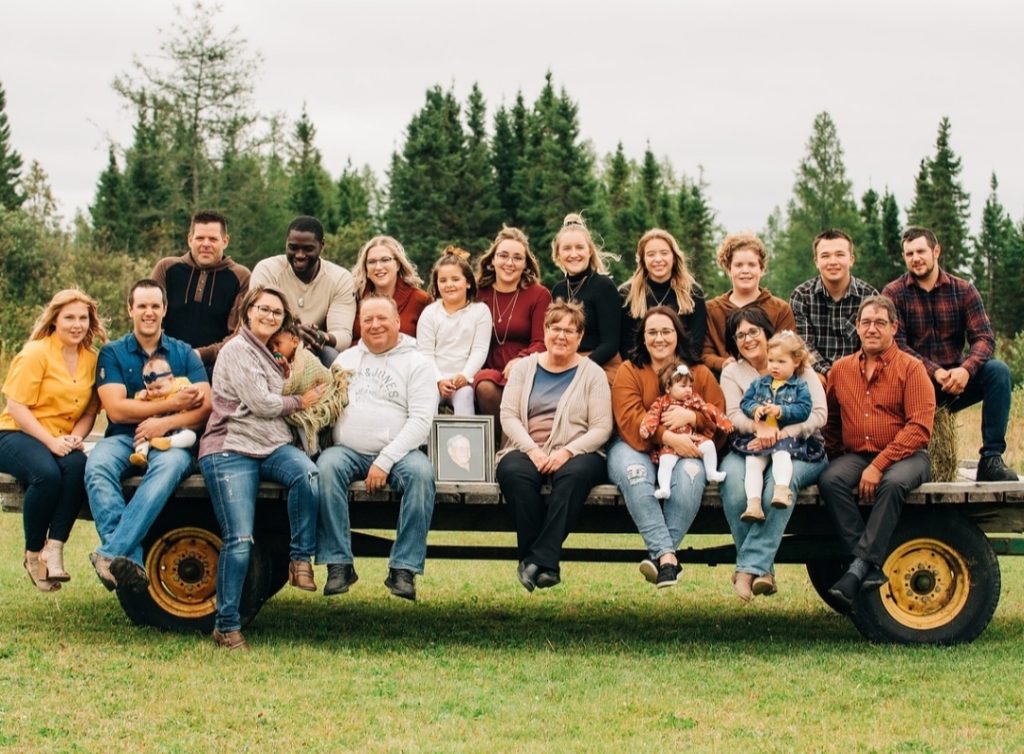I was fortunate enough to get an e-meeting with Nida Jawed sometime last month. She is a renowned speaker, Family Life Coach with a mental health focus, and an advocate who has dedicated herself to promoting mental wellness and personal growth. Her enthusiasm and passion for the work she does were evident in her speech and made me want to learn more about her work and what she has done. She has a wealth of knowledge in stress management, anxiety, and self-care.
Nida has made a significant impact on individuals and communities worldwide. Through her website, nidajawed.com, group and personal sessions, she provides valuable resources, insights, and personalized guidance, combining evidence-based strategies with compassion and empathy. Her ability to connect deeply with her audience has earned her trust and respect as she helps individuals take control of their mental health journeys.
While preparing for the meeting with her, I remember feeling out of depth: How can I possibly relate to her environment or the people she talks to daily in America? At the same time, I live in Nairobi, where the realities couldn’t be further from each other. I was surprised to realize how similar we all are, irrespective of what corner of the world we come from. We got to delve into the factors that affect the mental health of Black, Indigenous, and People of Color (BIPOC), which makes it difficult for underserved communities to receive care, and what mental health care providers can do to overcome accessibility disparities.
Join Nida and other mental wellness experts as they discuss the mental health concerns of underrepresented communities at our It’s OKAY! Pause, Breathe, Proceed – BIPOC event on Monday, July 31st at 4 pm PT /6 pm CT /7 pm ET. You can register for this free event here. ASL interpretation will be provided.
In our insightful conversation, Nida highlighted the profound impact of racism, discrimination, historical trauma, and socioeconomic disparities on the mental well-being of BIPOC individuals. She emphasized the chronic stress, anxiety, and trauma resulting from experiences of racism and discrimination, including microaggressions and institutional biases. The intergenerational effects of historical trauma stemming from colonization and forced assimilation were also discussed, underscoring the need for healing and support. Additionally, Nida shed light on the socioeconomic disparities contributing to mental health challenges among BIPOC communities, such as limited access to quality education, healthcare disparities, and higher poverty rates.
Nida was also able to shed light on the reasons why some BIPOC individuals may hesitate to seek assistance for their mental health. She emphasized that cultural stigma and shame play a significant role, as open discussions about mental health are often discouraged in BIPOC communities. The reasons for discouragement include feelings of guilt and fear of judgment, making it challenging for individuals to reach out for help. Nida also discussed the lack of representation in mental health services as a deterrent within BIPOC communities.
The resistance to seeking professional help among the BIPOC community may also include a relatability factor; individuals may feel that their unique experiences won’t be understood or valued by professionals who don’t share their cultural background. Historical mistrust stemming from past mistreatment and systemic injustices within healthcare systems further contribute to the reluctance to engage with mental health services. Nida emphasized the importance of addressing these barriers by promoting cultural sensitivity, increasing representation in the mental health field, and fostering trust through inclusive and affirming care.
Where I come from, these issues are seen as ‘problems only affecting people from the West’ with little or no attention paid to them because they are not part of our ways. It took a lot of unlearning and acceptance, especially when people close to us were more open about the issues that affect them.
In conclusion, Nida Jawed’s invaluable insights and expertise have shed light on the complex factors affecting the mental health of BIPOC individuals. By addressing systemic inequities, promoting cultural sensitivity, and increasing access to inclusive mental health services, we can create a future where BIPOC individuals feel empowered and supported in their mental well-being journeys.
Let us heed Nida’s call to action, working together to dismantle barriers, prioritize mental health equity, and ensure that every individual, regardless of race or ethnicity, has the opportunity to thrive and flourish.
The Future of Connection for Women








Thank you for this, quite the read.